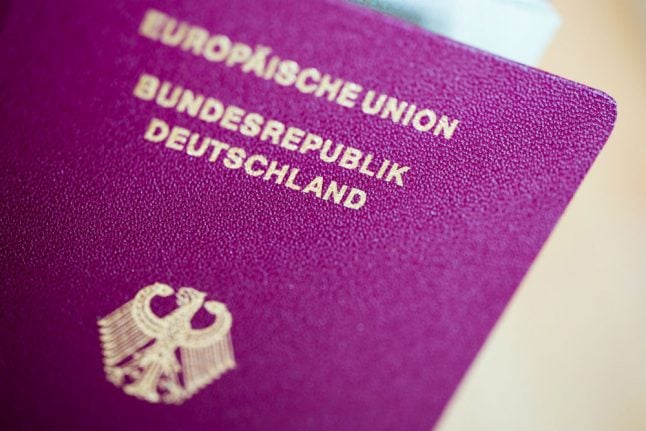Nationals from Germany can travel rather easily across the globe; in 125 countries they don’t need a visa at all and in 33 countries they can obtain a visa upon arrival.
Germany came in second place to only one other country in the study: Singapore. Holders of a passport from the Asian city-state can travel to a total of 159 countries visa-free.
Carried out by consulting company Arton Capital, the study included the new global passport power rank as one of the categories.
Sweden and South Korea tied in third place (citizens of both countries can travel to 157 countries without a visa), followed by several European countries – including the UK – which tied in fourth place for enabling its citizens to enter 156 countries visa-free.
All the countries that placed fifth (155 countries) in the ranking, including Switzerland, the Netherlands and Austria, were in Europe.
And countries like the US and Canada ranked further down in sixth place (154 countries).
At the bottom of the ranking are Syria (29 countries) as well as Pakistan and Iraq (26 countries, respectively). Afghanistan came in last place as Afghan nationals can only travel to 22 countries without a visa.
While Germany may have one of the most powerful passports in the world, it fared worse under another category in the study – the welcome countries ranking.
In this category, Germany ranked 51st and got a score of 93 in terms of how welcoming it is, meaning that it only accepts 93 passports from foreign visitors either visa-free or with visas on arrival.
By comparison, several countries including Madagascar, Samoa, Togo and Mozambique tied in first place in the welcome countries ranking, allowing 198 passports to enter without a visa.
READ ALSO: World names Germany ‘best country ever’




 Please whitelist us to continue reading.
Please whitelist us to continue reading.